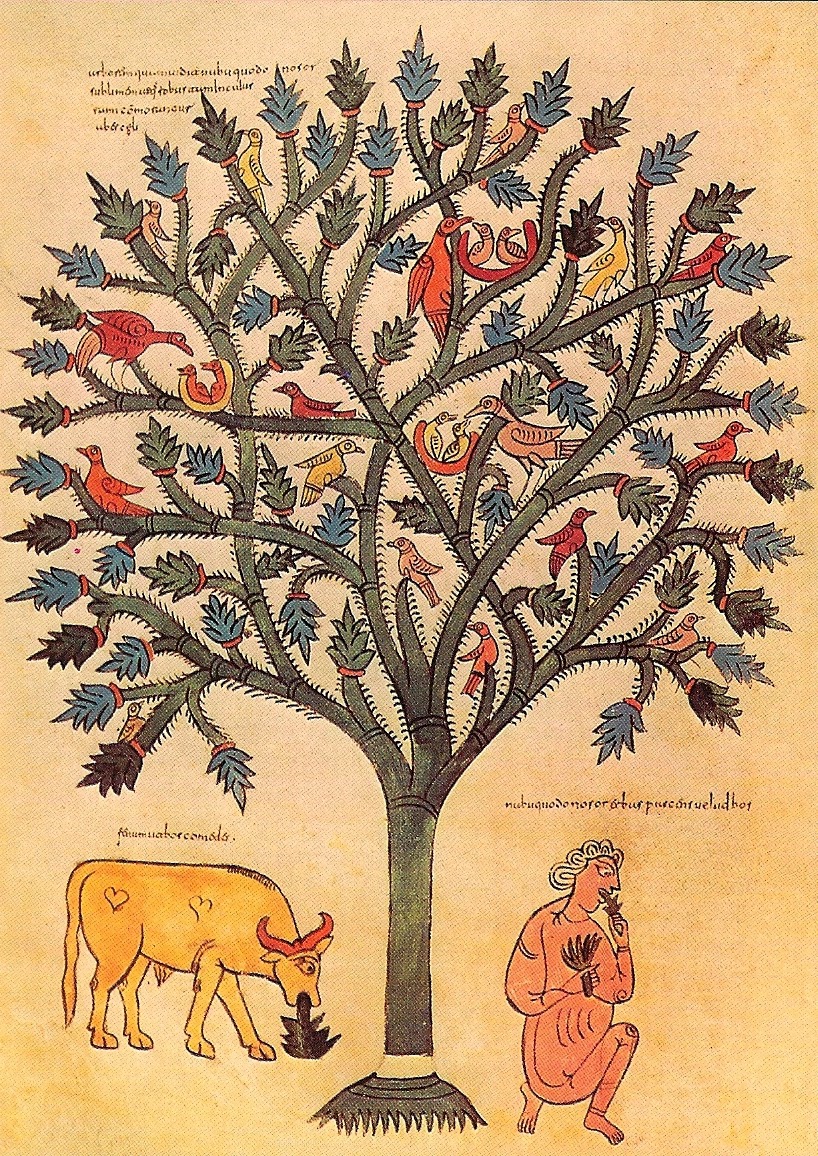The account of the king’s chastisement/madness/illness/exile and restoration has several parallels outside the Old Testament.
(a) The Greek writer Megasthenes (c. 300 B.C.) writes of Nebuchadnezzar announcing from his palace roof under some god’s inspiration the coming fall of Babylon to “a Persian mule,” who Nebuchadnezzar wishes might rather take himself off to some animal-like existence (see Eusebius, Parep. Ev. 9.41.6).
(b) A fragmentary cuneiform text apparently refers to some mental disorder on Nebuchadnezzar’s part, and perhaps to his neglecting and leaving Babylon (Grayson, Texts, 87-92; cf. Hasel, Andrews University Seminary Studies 19 [1981] 41-42).
(c) Josephus refers to an illness of which Nebucchadnezzar dies (Contra Apionem 1.20 [1.146]).
(d) “The Babylonian Job” (Ludlul bel nemeqi, “I Will Praise the Lord of Wisdom,” J.B. Pritchard (e.d.), Ancient Near Eastern Texts (Princeton: Princeton UP, rev. 1969) 596-600) testifies to chastisement by God, illness, humiliation, seeking interpretation of a terrifying dream, being thrown over like a tree, being put outside, eating grass, losing understanding, being like an ox, being rained on by Marduk, nails being marred, hair growing, and being fettered, and then to a restoration for which he praises the god (Ball, Expositor viii, 10 [1920] 235-40).
(e) In a number of inscriptions, especially from Harran, Nabonidus testifies to praying before Marduk for a long and successful reign and receiving the deity’s promise that these would be granted, and to being led by a dream to spend ten years away from Babylon in Tema in Arabia, but then to return to Babylon. Other inscriptions refer in the third person to his years away from Babylon and (with hostility) to his being punished for his “mad” neglect of Babylon’s deities (Ancient Near Eastern Texts 305-16, 560-63; Gadd, Anatolian Studies 8 [1958] 35-92; Rollig, Zeitschrift für Assyriologie 56 [1964] 218-60). Nabonidus is the only known Babylonian dreamer (Oppenheim, “Dreams,” 186).
(f) The Qumran “Prayer of Nabonidus” comprises Nabonidus’s testimony to his being afflicted by God for seven years in Tema by a physical illness. He prayed to his gods for healing, but received it only after a Jewish exorcist exhorted him to honor the true God. On Nabonidus, see Saggs, Babylon, 145-52; Oppenheim, Mesopotamia, 152-53.
Source: Goldingay, John. Daniel – World Biblical Commentary Series. Nashville: Thomas Nelson Publishers, 1989, pages 83-84.
At the end of that time, I, Nebuchadnezzar, raised my eyes toward heaven, and my sanity was restored. Then I praised the Most High; I honored and glorified him who lives forever.
His dominion is an eternal dominion;
his kingdom endures from generation to generation.
All the peoples of the earth are regarded as nothing.
He does as he pleases with the powers of heaven and the peoples of the earth.
No one can hold back his hand or say to him: “What have you done?”
At the same time that my sanity was restored, my honor and splendor were returned to me for the glory of my kingdom. My advisers and nobles sought me out, and I was restored to my throne and became even greater than before. Now I, Nebuchadnezzar, praise and exalt and glorify the King of heaven, because everything he does is right and all his ways are just. And those who walk in pride he is able to humble. (Dan 4:34-37)




